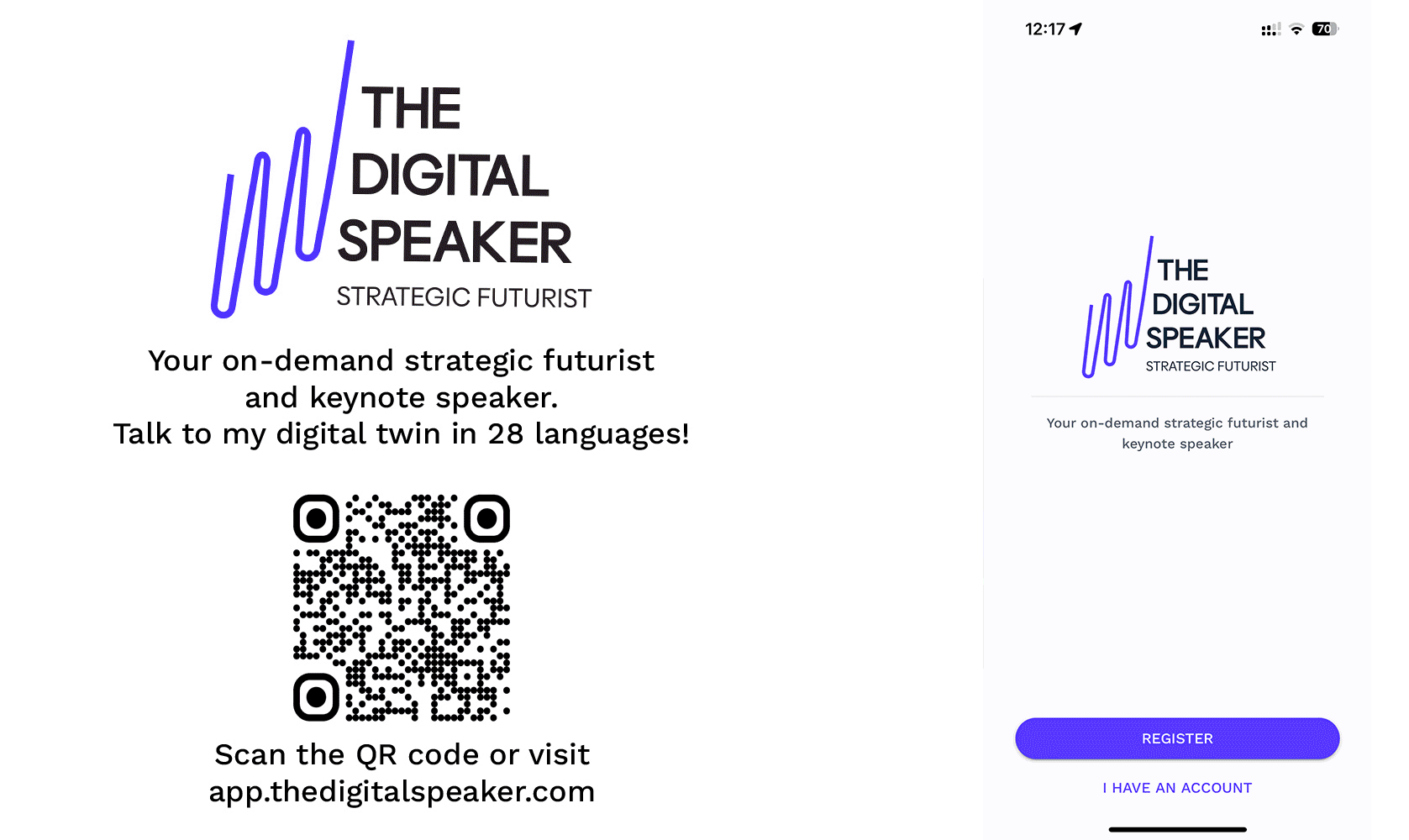Navigating AI's New Frontier: Africa's Regulatory Odyssey

In a world captivated by the AI revolution, Africa stands at a crossroads, challenging the narrative of a technologically lagging continent by pioneering its own AI governance. Can Africa's approach inspire a global reevaluation of how we harness AI, making it a beacon of responsible innovation?
Africa is emerging as a fertile ground for AI innovation, demonstrated by initiatives like Tanzania's Nuru app, South Africa's machine learning models for urban planning, and Kenya's AI surveillance systems. This burgeoning tech landscape suggests a promising economic uplift, with Nigeria, Ghana, Kenya, and South Africa alone projected to gain up to $136 billion by 2030 through AI adoption. However, this optimistic forecast is tempered by considerable challenges: insufficient digital infrastructure, regulatory uncertainty, and a pressing need for a coherent, continent-wide AI policy.
The African Union (AU), representing 55 member states, has embarked on an ambitious journey to chart an Africa-centric course for AI's development and regulation. This endeavor aims to reconcile the immense potential of AI with the imperative to protect African societies from its potential harms, such as exacerbating inequalities or enabling surveillance overreach. The draft AI policy unveiled by the AU outlines comprehensive strategies, including industry-specific regulations, the establishment of AI standards, and the creation of national AI councils to oversee ethical deployment.
Despite these forward-looking efforts, the path to effective AI governance in Africa is fraught with debate. On one hand, there's a camp advocating for rapid development and deployment of AI technologies, emphasizing the need to harness AI's economic and societal benefits. Critics within this group argue that premature regulation could stifle innovation and hinder Africa's competitive edge in the global AI arena. On the other hand, proponents of early regulation caution against the unbridled growth of AI, citing risks such as labor exploitation, bias amplification, and the erosion of privacy.
As Africa seeks to navigate these complex dynamics, it faces the additional challenge of implementing the AU's continental strategy amidst diverse national priorities and capacities. The success of this endeavor will hinge on a delicate balance: fostering an AI ecosystem that not only spurs economic growth but also upholds ethical standards, ensuring that AI serves as a tool for empowerment rather than exploitation.
In doing so, Africa has the opportunity not just to participate in the global AI narrative but to reshape it, offering a model of innovation that is grounded in equity, accountability, and human dignity. How can Africa's emerging AI regulatory frameworks ensure that AI developers and deployers are held responsible for the societal impacts of their technologies, fostering an environment where innovation thrives alongside ethical stewardship?
Read the full article on MIT Technology Review
----
💡 If you enjoyed this content, be sure to download my new app for a unique experience beyond your traditional newsletter.
This is one of many short posts I share daily on my app, and you can have real-time insights, recommendations and conversations with my digital twin via text, audio or video in 28 languages! Go to my PWA at app.thedigitalspeaker.com and sign up to take our connection to the next level! 🚀

If you are interested in hiring me as your futurist and innovation speaker, feel free to complete the below form.
Thanks for your inquiry
We have sent you a copy of your request and we will be in touch within 24 hours on business days.
If you do not receive an email from us by then, please check your spam mailbox and whitelist email addresses from @thedigitalspeaker.com.
In the meantime, feel free to learn more about The Digital Speaker here.
Or read The Digital Speaker's latest articles here.





